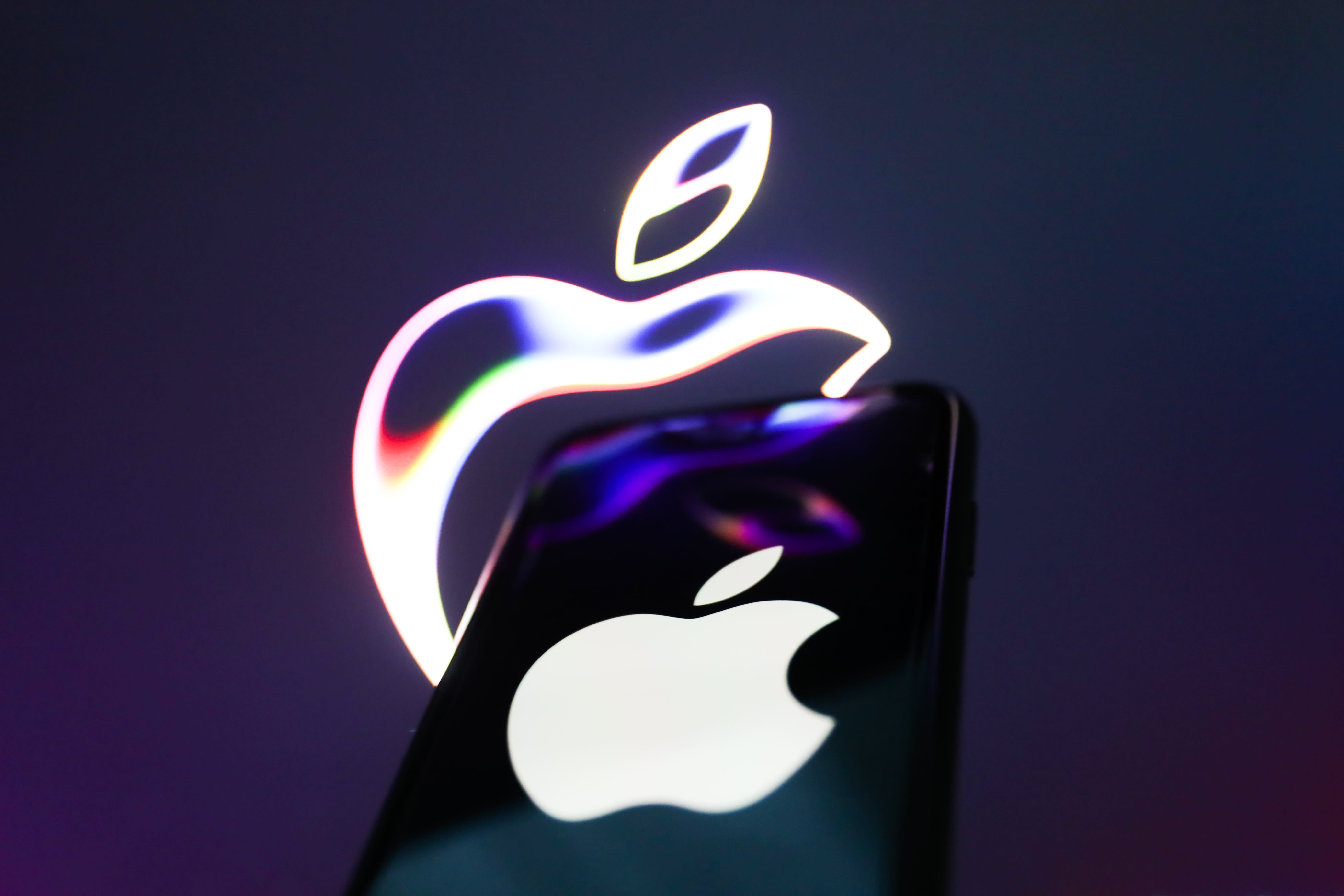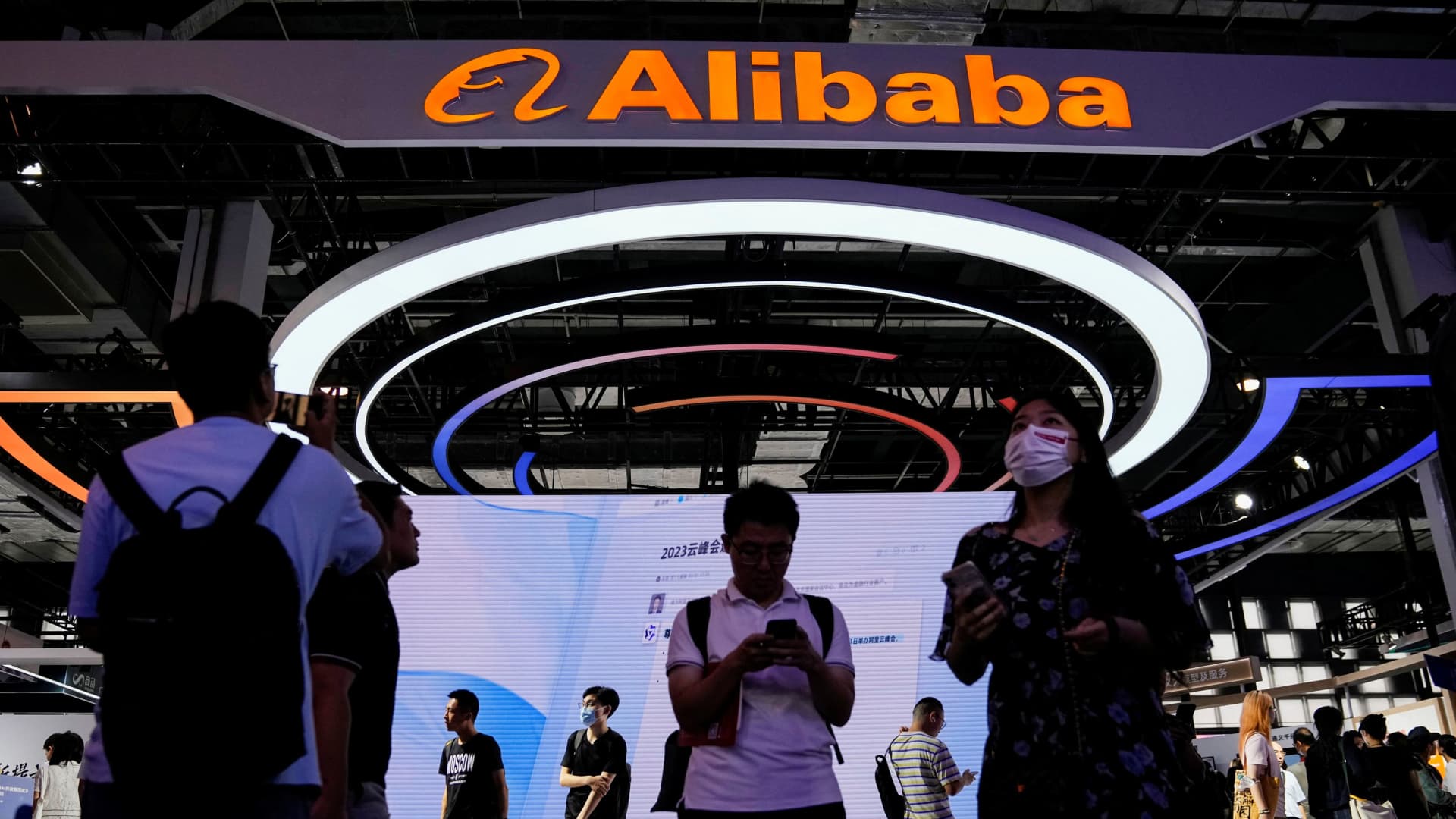At the World Artificial Intelligence Conference (WAIC) in Shanghai, China on July 6, 2023, the prominent Alibaba Group sign caught everyone’s attention. This demonstrates their commitment to advancements in technology and artificial intelligence.
Alibaba, a leading Chinese e-commerce giant, has announced a major move in the AI industry. They are opening up their own artificial intelligence model to third-party developers, aiming to increase its usage and solidify their position as a technological leader.
This strategic move might put Alibaba in direct competition with Meta, a well-established US tech giant, and pose a significant challenge to OpenAI, the company behind the viral AI chatbot ChatGPT.
related investing news


In April, Alibaba introduced its large language model (LLM) named Tongyi Qianwen. This LLM is an AI model trained on vast amounts of data, serving as the foundation for generative AI applications like ChatGPT, which generates human-like responses to user prompts.
Tongyi Qianwen offers AI content generation in both English and Chinese and comes in various model sizes, including the powerful Qwen-7B with seven billion parameters. Alibaba is open-sourcing this model, along with Qwen-7B-Chat designed specifically for conversational apps. This means that researchers, academics, and companies worldwide can leverage these models to create their own generative AI apps, eliminating the need to train their own systems and reducing time and costs. However, companies with over 100 million monthly active users will require a royalty-free license from Alibaba for this privilege.
While Alibaba may not directly earn licensing fees from open-sourcing its technology, the widespread distribution of its AI model will attract more users and solidify Alibaba’s position in the AI market.
This move aligns with Alibaba’s goal of advancing its cloud computing division through AI investments, recognizing cloud computing as a critical future area for profitability and growth.
Earlier this year, Meta also open-sourced its own large language model called Llama and is collaborating with other tech firms to drive its adoption. Microsoft recently announced the availability of Meta’s Llama 2 on its Azure cloud-computing service. While Alibaba has not yet announced a similar partnership, the success of their LLM in the market could make it an attractive offering for cloud providers, providing them a competitive advantage in AI app development.
In addition to opening up its AI models, Alibaba has already utilized Tongyi Qianwen to develop its own apps. One such app is Tongyi Wanxiang, an AI service capable of generating images based on prompts.
Denial of responsibility! VigourTimes is an automatic aggregator of Global media. In each content, the hyperlink to the primary source is specified. All trademarks belong to their rightful owners, and all materials to their authors. For any complaint, please reach us at – [email protected]. We will take necessary action within 24 hours.


